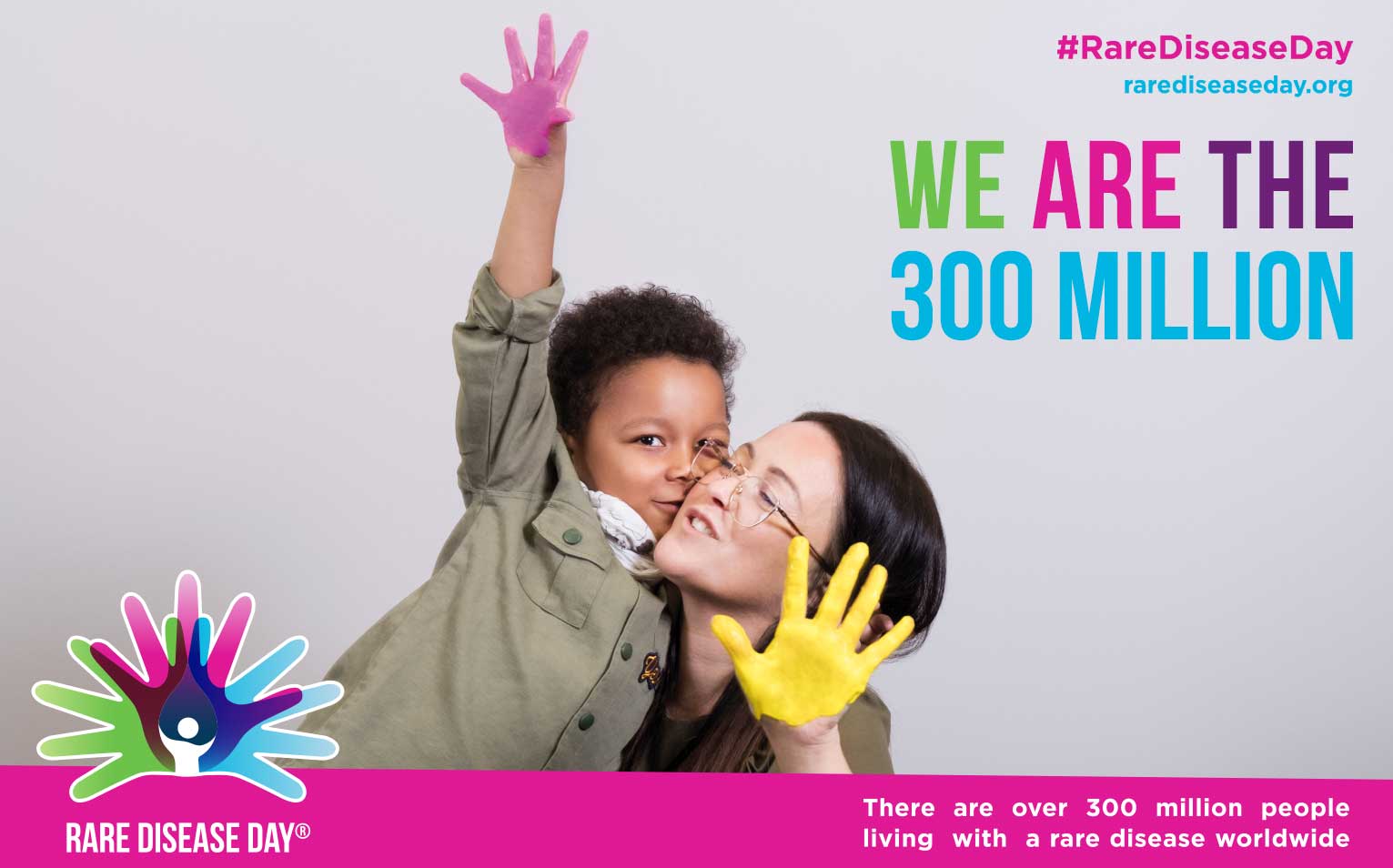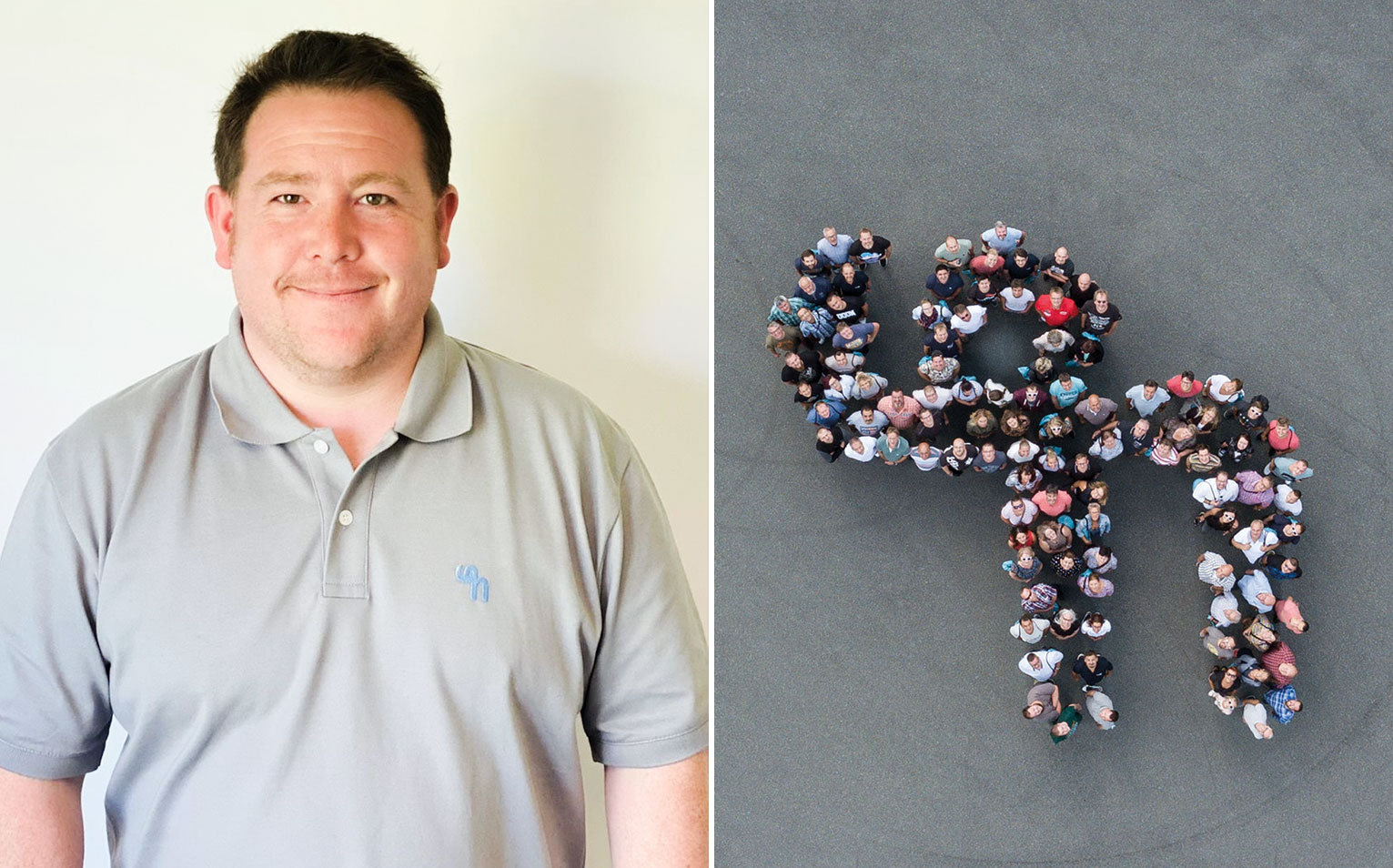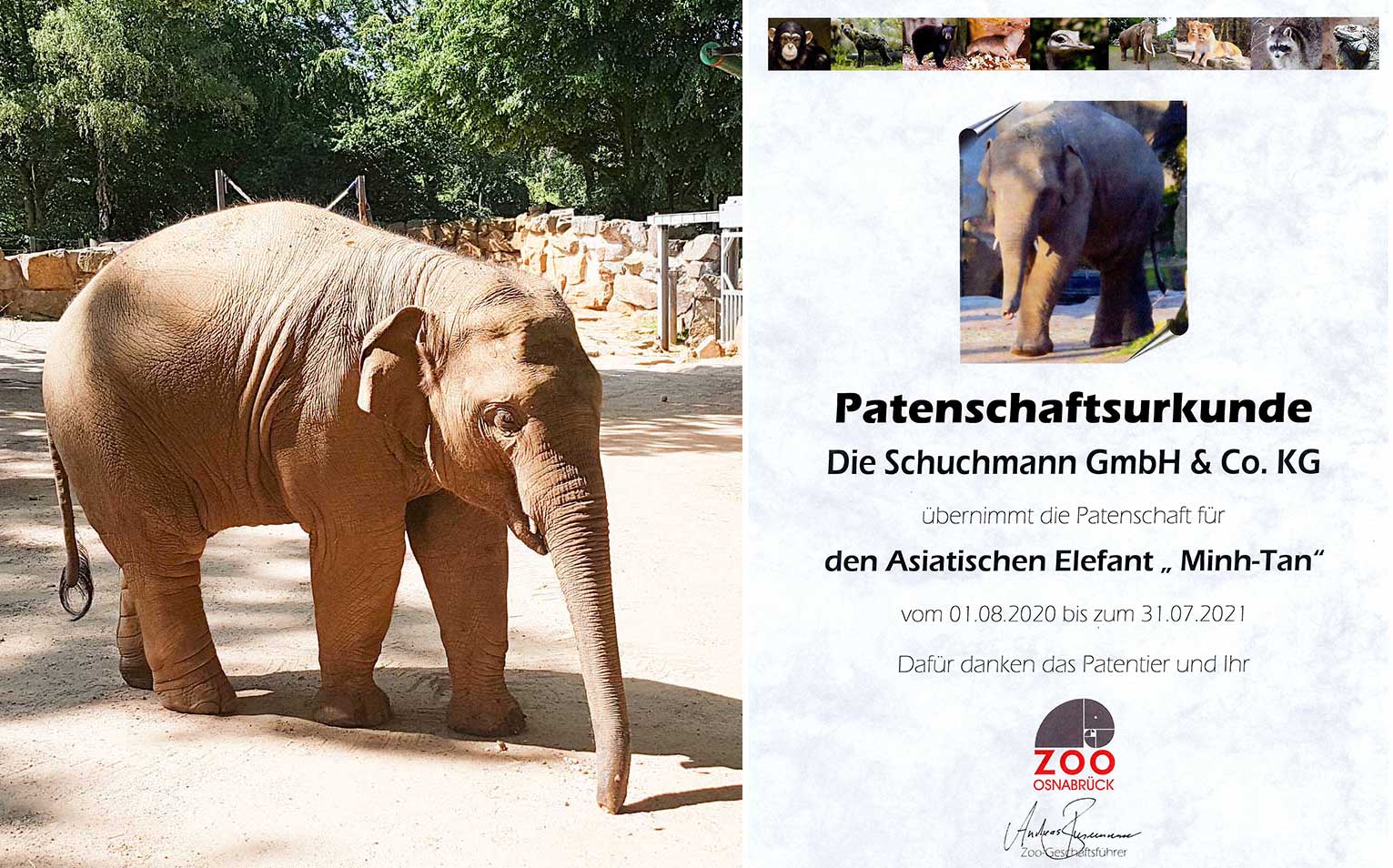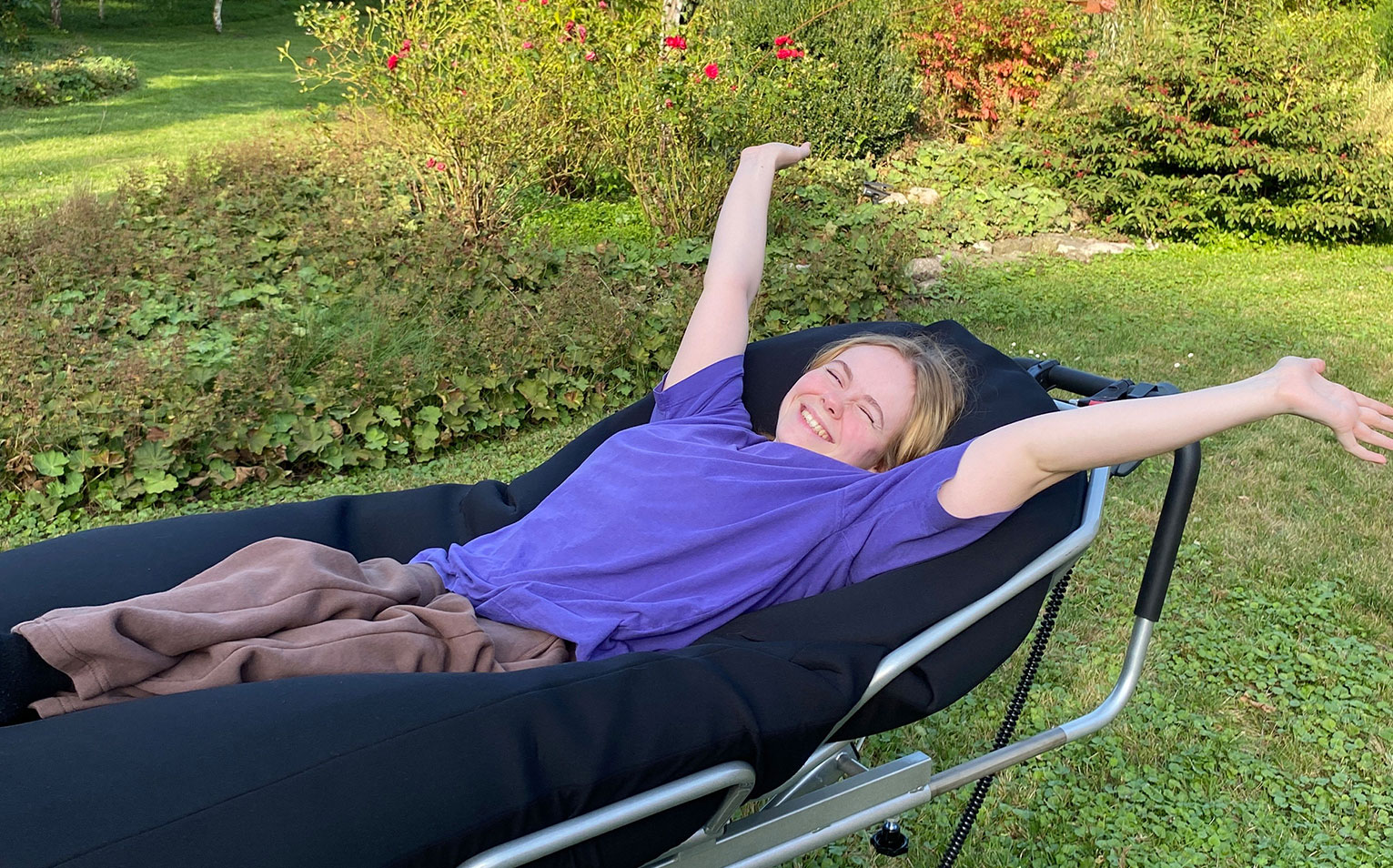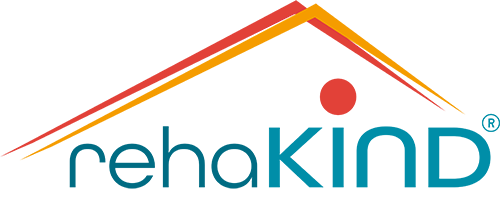300 million people worldwide need support
All World Health Days have one goal: to raise awareness of the diseases and the lives of those affected. February 29 is such a day for 3,5 million people in UK. The date is not chosen at random. The leap year is an equally rare event. On Rare Disease Day, we focus on people and their diseases for which there are limited or no cures, therapies or medication.
Many have never heard of Huntington’s disease, FOX G1 syndrome, Charcot-Marie-Tooth disease or amyotrophic lateral sclerosis. Some of these diseases are extremely rare and, much to the dismay of those affected, little research has been done into them.
For the sufferers this means great challenges in everyday life and sometimes a true martyrdom. In addition to countless visits to the doctor, hospital stays and therapy sessions, they often suffer pain and have to cope with setbacks. Due to the lack of research findings, doctors can often not help since they do not have sufficient knowledge of the conditions.
We need high awareness of rare disease among the public. Also, research and science must keep up and increase their efforts to understand the diseases and develop suitable therapies and medications.
Yours Schuchmann Team

